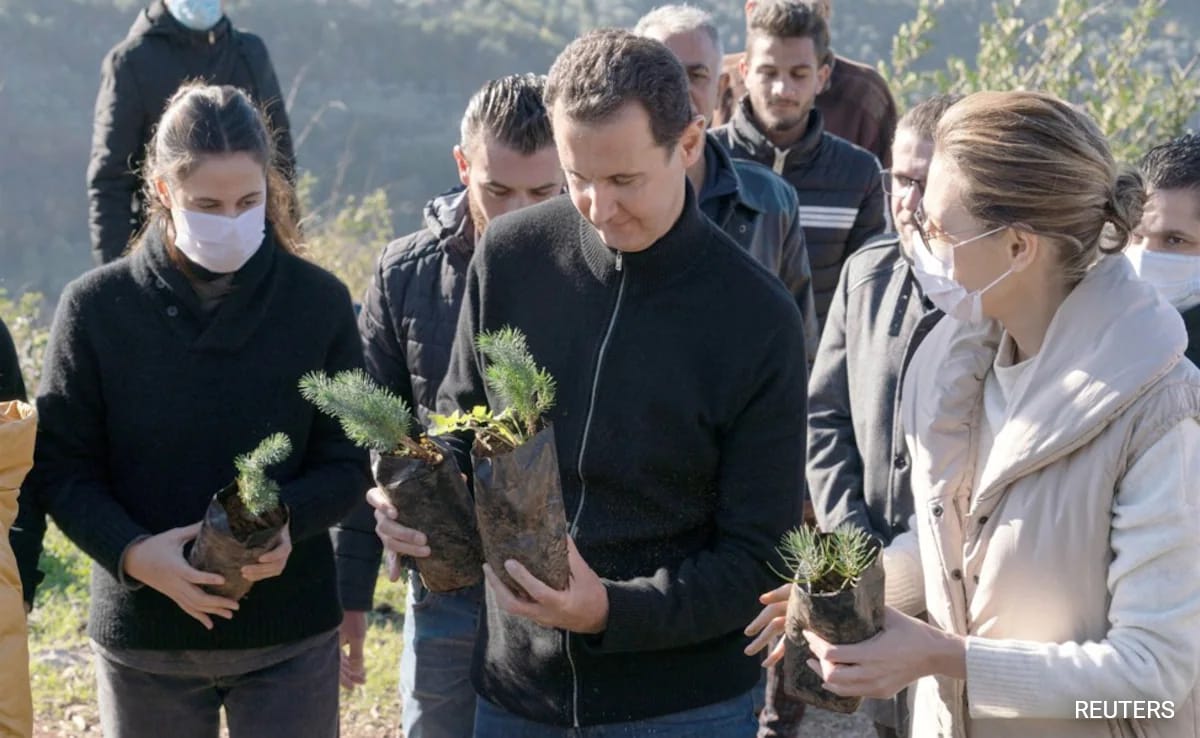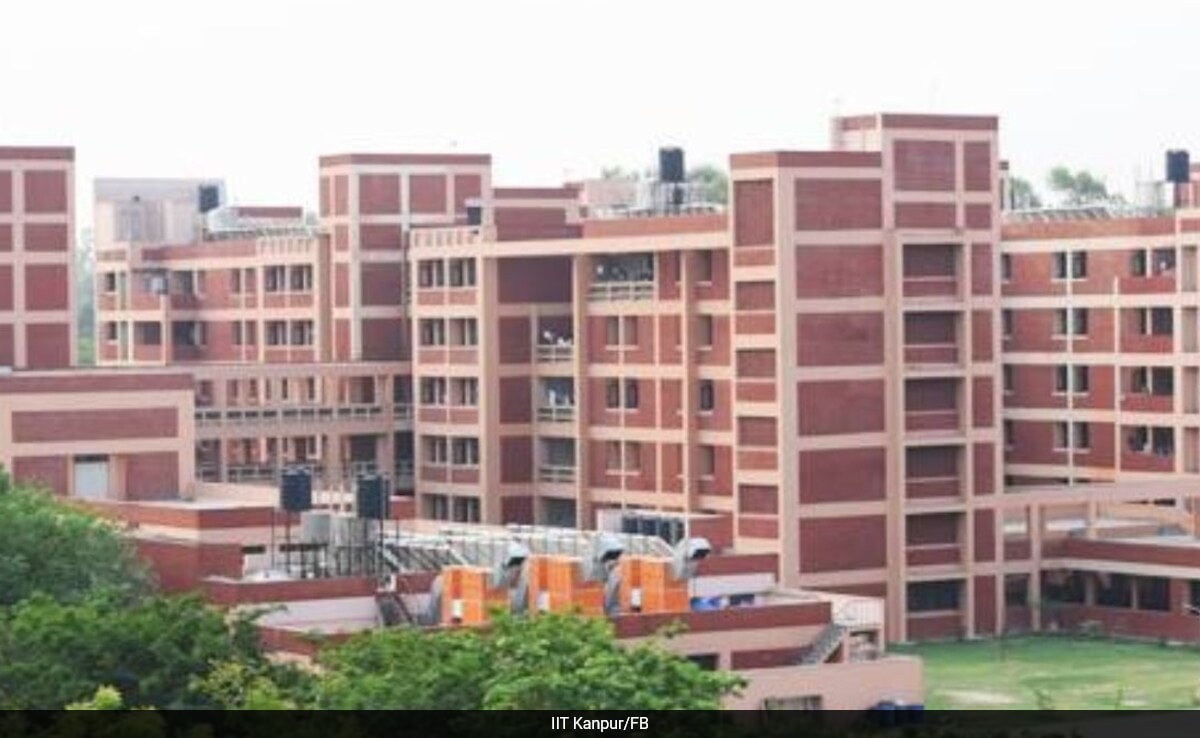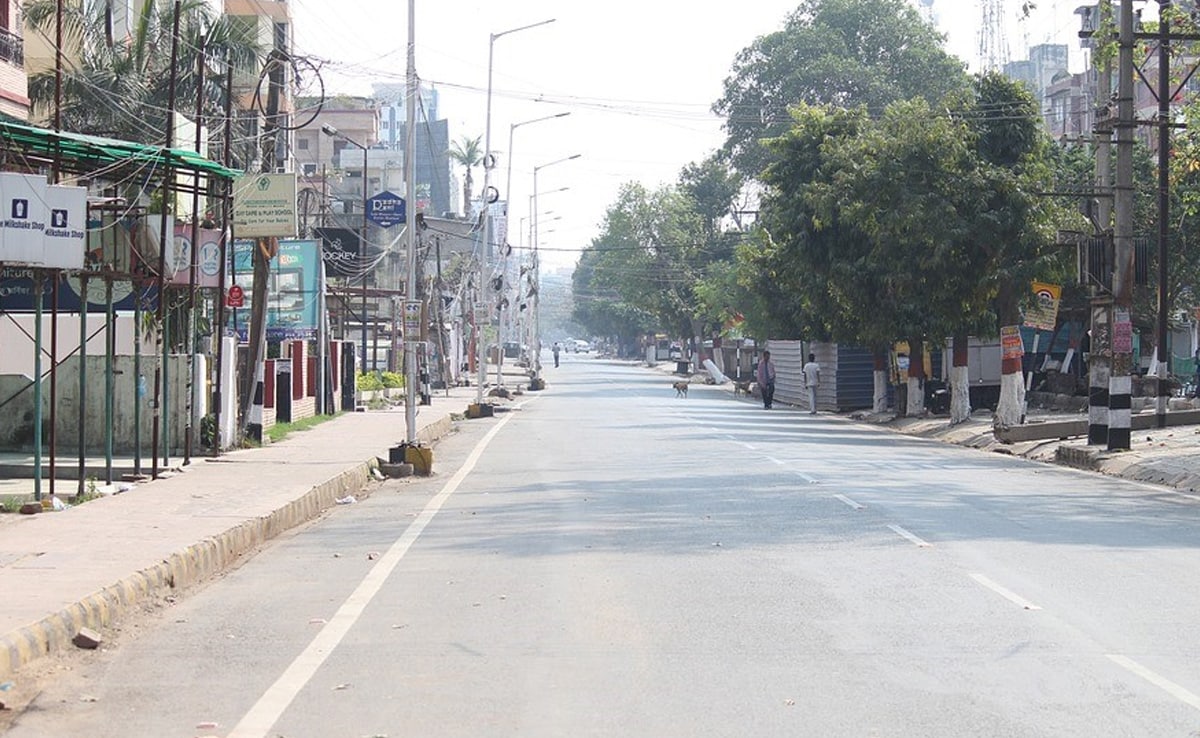Seven years after a Rs 500-crore inter-state hawala racket was busted in Madhya Pradesh – which saw the alleged involvement of people close to a powerful MLA and the transfer of a cop probing the case – details have emerged of how documents and bank accounts of people below the poverty line were used to move the money around.
The bank accounts, some of which belonged to unemployed youngsters and vegetable sellers, saw transactions of nearly a crore in some cases, and the account owners were often shown as heads of ghost companies. The funds, cleared of their alleged criminal origin, were then routed to the accounts of certain companies
In some cases, the account owners were paid between Rs 15,000 and Rs 30,000 per month. Many of them were BPL (below poverty line) card holders.
The hawala racket had been busted in Katni district in 2017 by a team led by then Superintendent of Police Gaurav Tiwari. During the investigation, the names of local businessmen close to a mining baron-turned-MLA, who was with the Congress and then the BJP, had also cropped up. Mr Tiwari was transferred to Chhindwara district the same year, before the probe could be completed.
Police complaints filed recently by some of the account holders from Katni in central Madhya Pradesh and Ratlam district in the western part of the state – which are nearly 700 km apart – have thrown light on the methods used to route the money. Three people have also been arrested.
In Katni, one of the key complainants, Ankit Patel, alleged that transactions of Rs 29 lakh were made in his account. “In my zero-balance account, transactions worth Rs 29 lakh were done and I was informed about this by the bank, after which I filed a police complaint,” said Mr Patel
Police said the zero-balance accounts of over 20 people in Katni’s Gaitra village were opened in a small finance bank through a common agent, Vivek Patel.
“The transactions in the 20-odd accounts of the same small finance bank run into crores of rupees. Each of these accounts have reported transactions between Rs 20 lakh and Rs 90 lakh,” said Katni Superintendent of Police Abhishek Ranjan.
In Ratlam, Suraj Chaure, the owner of a fast-food stall, filed a complaint that a person named Tulsiram Ojha lured him to open a bank account in return for Rs 15,000 a month. On paper, he was shown as the head of a ghost company.
“Using the same modus operandi, accounts of vegetable vendors, labourers and employees of a printing press were also opened, which were used to route nearly Rs 50 crore in just a month and a half,” said a police official. Three men, identified as Tulsiram Ojha, Yogesh Sharma and Suryaprakash Tripathi, have been arrested from Ratlam. The accused are from neighbouring Rajasthan’s Bhilwara and Ajmer districts,
Deputy Inspector General of Ratlam range, Manoj Singh, confirmed the development and said that the money trail of the transactions isn’t limited to Madhya Pradesh but extends to other states as well.














